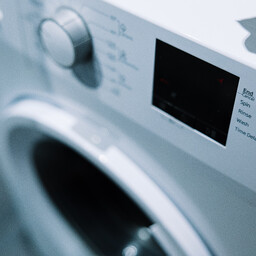Starting from September 2026, devices that force consumers to replace still-functional parts with new ones cannot be sold in Estonia.
For example, a printer must not be configured to refuse to work if the ink cartridge is not yet completely empty. This is intended to ensure that consumers do not have to buy a new ink cartridge when there is still ink left in the old one.
Manufacturers also cannot claim that their devices last long if they actually break down earlier. For example, a washing machine manufacturer cannot say that the machine works for a thousand wash cycles if it breaks down sooner.
The new law also prohibits designing devices in a way that shortens their lifespan. For example, a washing machine must not stop simply because it is programmed to halt after a certain number of wash cycles, even if the machine is still in working condition.
Devices also cannot be advertised as repairable if spare parts are not available for them.
The new law also changes the use of environmental claims in product advertising. For example, terms like "ecological" or "environmentally friendly" can only be used in advertising if they are proven.
Violations of the law may result in fines of up to four percent of annual turnover or up to two million euros.

